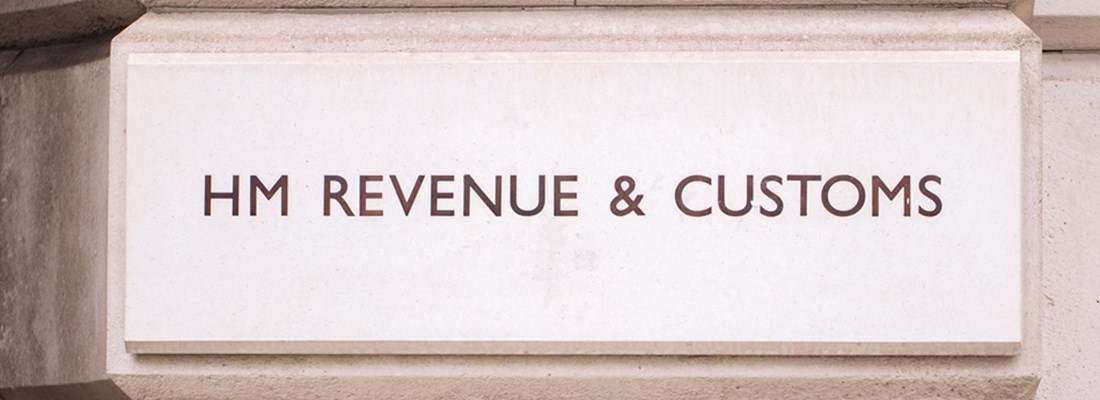HMRC spring cleans with tax admin and simplification

The UK government has released a set of technical proposals aimed at simplifying the tax system, reducing red tape and improving efficiency, particularly for businesses and traders. The proposals cover a number of changes that affect employers, including to the payrolling of benefits in kind, the employment status test and the Capital Goods Scheme. Here we take a look at some of the measures that have been introduced.
Mandating the payrolling of benefits in kind
HMRC will provide more time to prepare for the mandatory reporting of Income Tax and Class 1A NICs for most benefits in kind and taxable expenses by delaying its introduction for 12 months.
It will now be introduced from 6 April 2027, instead of 6 April 2026 as previously announced.
HMRC has published an updated technical note which provides more operational information on how employers can adapt to these changes in time for 6 April 2027.
Check Employment Status for Tax (CEST) – updates to the digital tool
HMRC is making its Check employment status for tax' digital tool easier for customers to use. Based on user feedback the tax authority has updated the tool’s questions to make them more accessible. These changes do not affect how the CEST tool determines if a worker is self-employed or employed.
Employment related securities – employer’s National Insurance Contributions (NICs) elections process
From 1 May 2025 the process to make a joint election to transfer an employer’s National Insurance contributions liability to the employee will be simplified. There will be no need to submit the election form to HMRC for pre-approval, whilst using the new election form template on gov.uk. The new pre-approved template which will be available to use from 1 May 2025, will ensure consistency and accuracy without the requirement to send it to HMRC for approval.
Capital Goods Scheme simplification
The government will bring forward legislation to simplify the VAT Capital Goods Scheme (CGS), reducing burdens for businesses by increasing the threshold for land, buildings and civil engineering work from £250,000 to £600,000 (exclusive of VAT) and also removing computers from CGS assets.
International tax consultations
The government also published two tax consultations, covering international tax reform.
One of the consultations will cover the reform of UK law in relation to transfer pricing, permanent establishment and Diverted Profits Tax.
The intention of the proposed reform is to simplify and update some of the UK’s international tax rules and align them more closely with the UK’s treaty obligations.
A second will cover two proposals on the scope and documentation of transfer pricing. The first proposal will better define and defend the UK tax base by removing the exemption from transfer pricing for medium-sized businesses, whilst retaining an exemption for small businesses.
The second will introduce a requirement for multinationals to report information on their cross-border related party transactions to HMRC through a new International Controlled Transactions Schedule (ICTS).
VAT and dispute resolution
There are also consultations on the VAT treatment of business donations of goods to charity and the tax authority’s approach to dispute resolution.
The VAT consultation will try to understand more about the types of goods most commonly donated, how they are distributed, and if there is scope to balance the need to prevent tax evasion with the need to avoid burdensome administrative requirements.
HMRC is also inviting views on how it might resolve customer disputes earlier and more effectively.
It says the consultation focuses on the ease of access and use of HMRC’s alternative dispute resolution and statutory review processes and includes the potential to simplify the appeals process by aligning our approach for direct and indirect taxes.
All four consultations will open for feedback until July.
How can Mercia help?
The constantly changing tax landscape underlines the importance of keeping your knowledge and skills up to date.
Stay informed with our Tax Update – What’s New for Spring 2025 course, available now.
Book now




